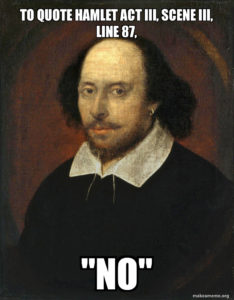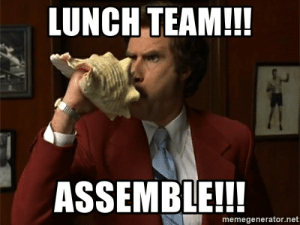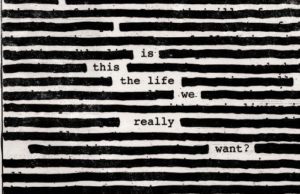I think it’s a little odd that script-writing doesn’t come up much in the curriculum. I suppose technically Shakespeare plays are scripts but it never felt like they were being studied as scripts, and they certainly weren’t related to creative writing in my experience.

But when you think about it, scripts are maybe the form of writing most familiar to kids. They probably have a lot more exposure to TV and Movies than novels or poetry.



